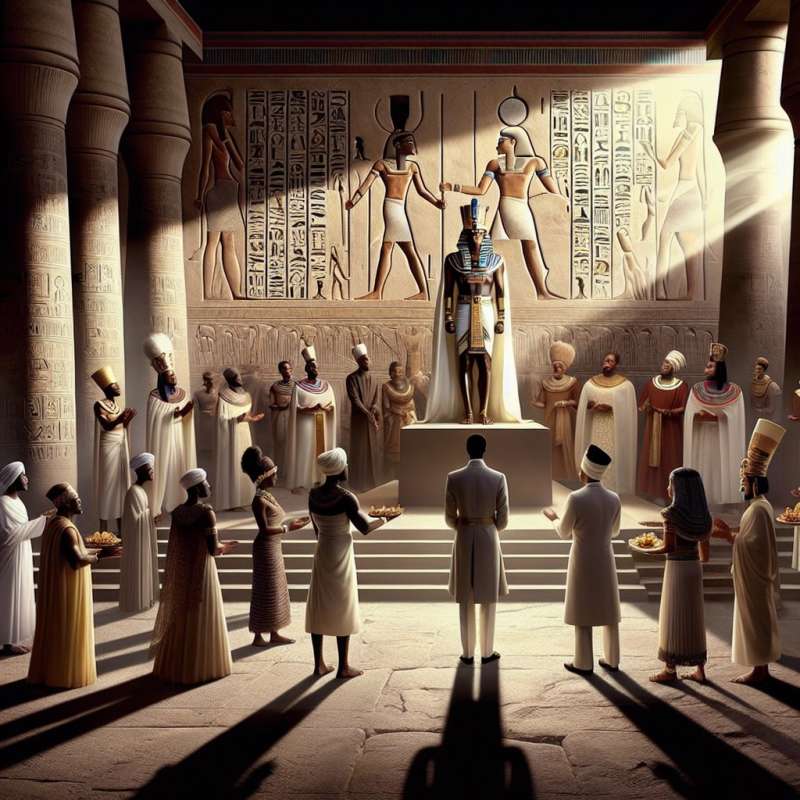
Birthday Celebrations Origin
The tradition of celebrating birthdays started with the Egyptians. Pharaohs' coronation dates were considered their 'birth' into godhood, marking the tradition's divine roots.
Ancient Greek Contributions
The Greeks added to the birthday lore by offering moon-shaped cakes to Artemis as a tribute, which symbolized the moon's glow. They often placed candles to reflect moonlight.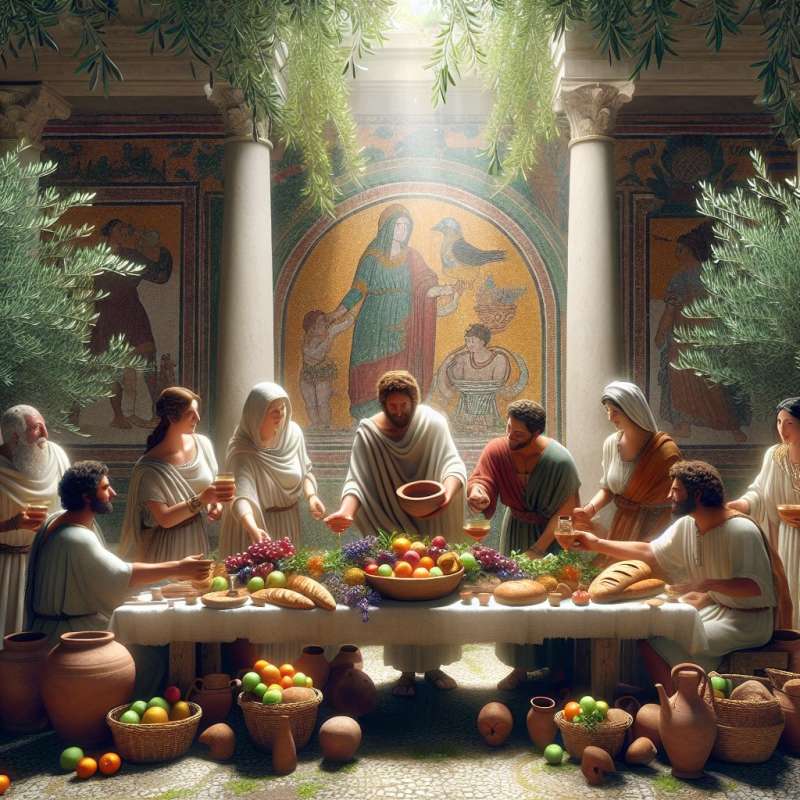
Roman Festive Evolution
Romans were the first to celebrate the birth of common people, not just rulers or deities. Their private festivities included gifts and good wishes.
Christian Initial Resistance
Early Christians rejected birthday celebrations as pagan rituals. Only after the 4th century, with the supposed date of Jesus Christ's birth established, did attitudes begin to change.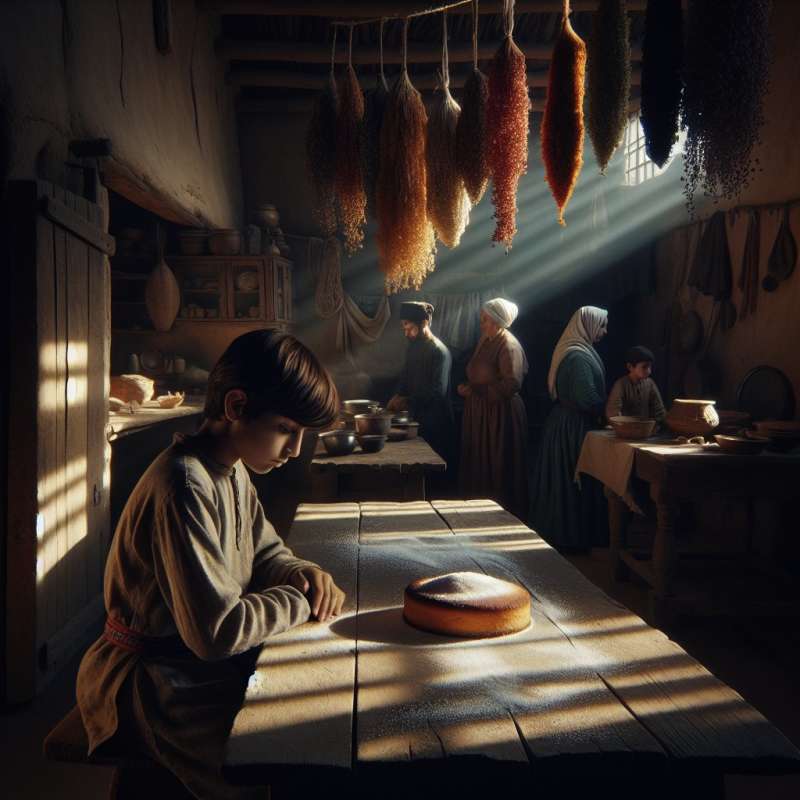
Birthdays in the Middle Ages
During the Middle Ages, birthdays were feared. Many Europeans believed that evil spirits were particularly attracted to people on their birthdays.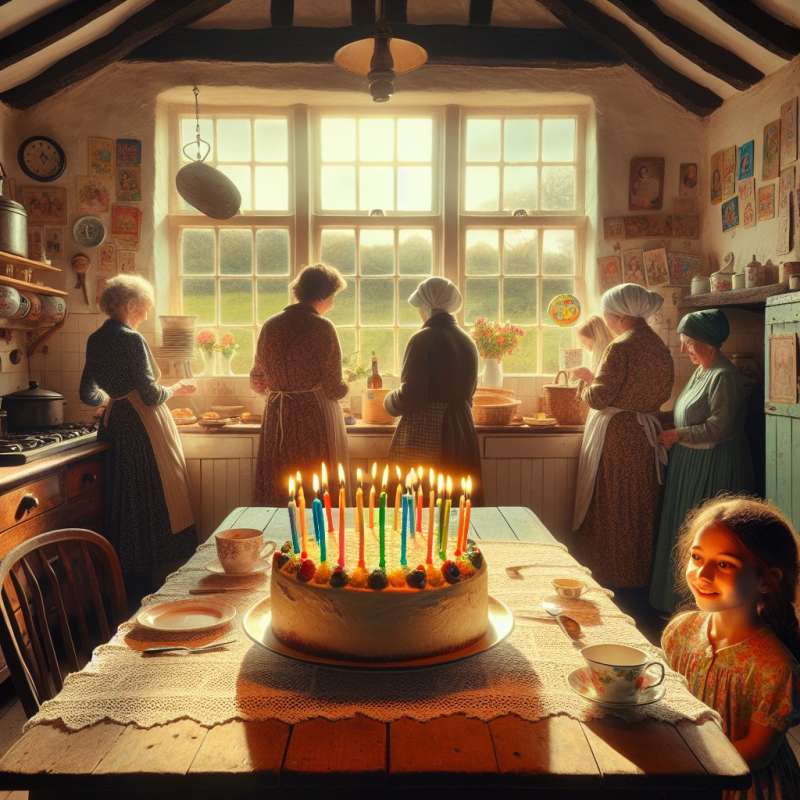
Industrial Revolution Changes
The Industrial Revolution brought mass-produced birthday cards and candles, making celebrations more accessible to the general public, not just the elite.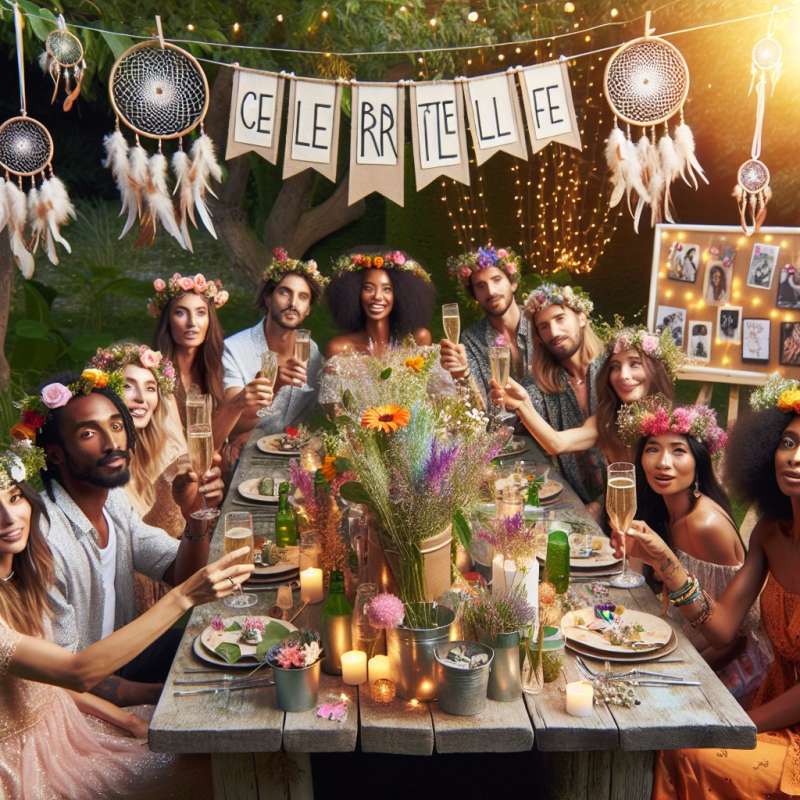
Contemporary Birthday Trends
Today's birthday parties often feature elaborate themes, milestone celebrations, and personalized experiences, reflecting individuality and cultural diversity.Oldest Birthday Party Ever?
The oldest recorded birthday party dates back to 3000 B.C., celebrating the Pharaoh's coronation with a grand feast.
Who started birthday celebration tradition?
Ancient Greeks with moon cakes
Romans for all common people
Egyptians marking pharaohs' divine birth
Company